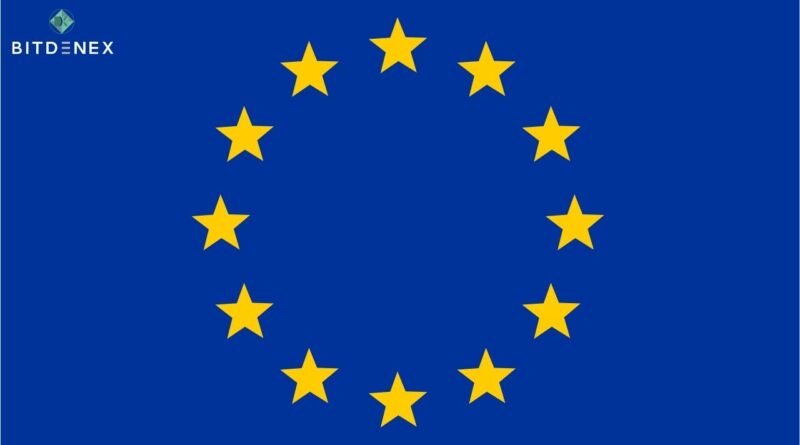The European Commission’s proposal for a digital euro aims for universal acceptance
The European Commission hopes to free up the payments market controlled by banks, Visa, and Mastercard with this measure. The European Commission said on June 28 that it had submitted a legislative framework for a digital euro, with the goal of making it a widely recognized and easily accessible form of payment.
The release emphasized that allowing individuals to receive digital euros through their banks on demand ensures quick access and prevents citizens from falling behind. There are also provisions in the proposal for free basic digital euro services, privacy protection, and offline payments.
In a related suggestion, the commission proposed that banks, insurers, and funds share consumer data with fintech companies in exchange for payment in order to enhance digital banking. Companies that store customer data must instantly and continually share it with participating companies upon consumer request, ensuring real-time access to the information, according to this proposal.
The commission’s decision attempts to open up the payments system dominated by banks, Visa, and Mastercard, which is now being challenged by fintech startups offering alternative options. In addition, the proposed legislation prioritizes user privacy and data protection while reducing the risks of money laundering and terrorist financing.
The European Central Bank (ECB) applauded the commission’s proposal to keep cash as an important feature of the payment system. It agreed with the commission’s proposal to keep cash euros as legal tender. “We look forward to continuing our collaboration with other European Union institutions towards a digital euro to ensure our currency is fit for the digital age,” said ECB President Christine Lagarde.
The project’s inquiry phase will be completed by October 2023, after which the ECB will go on to additional development and testing. In the following phase, the ECB will further develop and test the technical solutions and business agreements. The Governing Council could decide to issue a digital euro only when the legislative process is completed.
Buy and sell crypto in minutes with 0.20% trading fees at Bitdenex Exchange.

